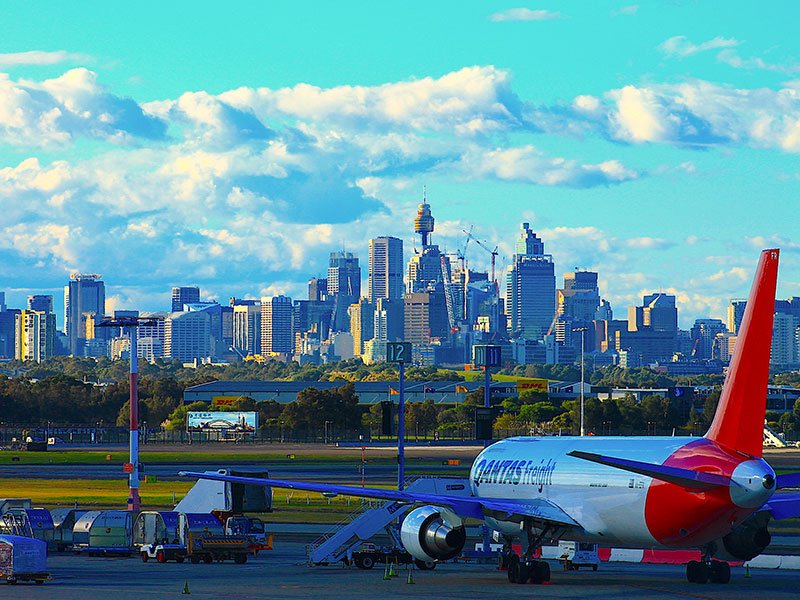Home Affairs has declined to answer questions about the impact of a taskforce established last year to attract “global super talent” to Australia, after it was revealed most of the applicants assisted under the global talent visa program were already in Australia.
Australia’s Global Talent Visa Program was overhauled last year to attract the world’s best researchers and businesses from targeted sectors, offering permanent residency and fast-tracked applications.
The changes also tripled the annual limit of global talent visas to 15,000, and allowed people already in Australia to apply.
A Global Business and Talent Attraction Taskforce was announced in September last year to build on the program by promoting Australia as a destination and by finding candidates and assisting them with global talent visa applications.
Home Affairs received $29.8 million over two years to run the “strike team” which includes members operating from offices in Canberra and several “global talent officers” in Europe, the US, and Singapore.
The taskforce is led by special envoy to the Prime Minister Peter Verwer, a former Property Council of Australia boss who has served on several Australian ministerial advisory councils.

Earlier this month, Mr Verwer revealed “around 70 per cent” of successful applicants to the revamped global talent visa program were already in Australia and in another visa category.
The Department of Home Affairs declined to answer follow-up questions on how many people the taskforce had assisted and their location, or on how the taskforce’s impact is being measured.
A spokesperson instead referred InnovationAus to the taskforce website which has a single graph for grants awarded in the priority sectors totaling around 5,000 up to January this year.
“The Global Talent visa is the primary visa used by the Global Business and Talent Attraction Taskforce to facilitate relocation for exceptional talent to Australia and can be applied for from within or outside Australia,” the spokesperson said.
“Individuals who meet the criteria for a Global Talent visa will gain direct access to permanent residence and priority visa processing.”
In his update to the Law Council of Australia, Mr Verwer said the fact most global talent visa applicants were already in Australia was actually a “great advantage”.
“Because they’re already here, they got to understand the country. But we also got to understand them. And that’s something that their nominee attests to. Also we can determine whether or not that they’ve been valuable during their time here.”
Mr Verwer said around 5,000 visas had been granted and up to 3,000 are still being considered from the 15,000 applications since the program’s overhaul. The figures include the families of the visa recipient and the majority have been granted during the current financial year, with some awarded during a 2019 pilot.
“This thing is moving, it’s gaining momentum,” he said.
The taskforce is currently focused on “future-facing industries” including advanced manufacturing, health and life sciences, financial services and fintechs, energy, renewables and resources, the circular economy, agrifood, cybersecurity, defence, space, and infrastructure. But other sectors are not excluded from consideration.
The task force plays no role in deciding if visas are issued but can nominate applicants and help them develop their expressions of interest for the invite-only visa. High calibre candidates identified by the taskforce can also have the process expedited.
Do you know more? Contact James Riley via Email.

